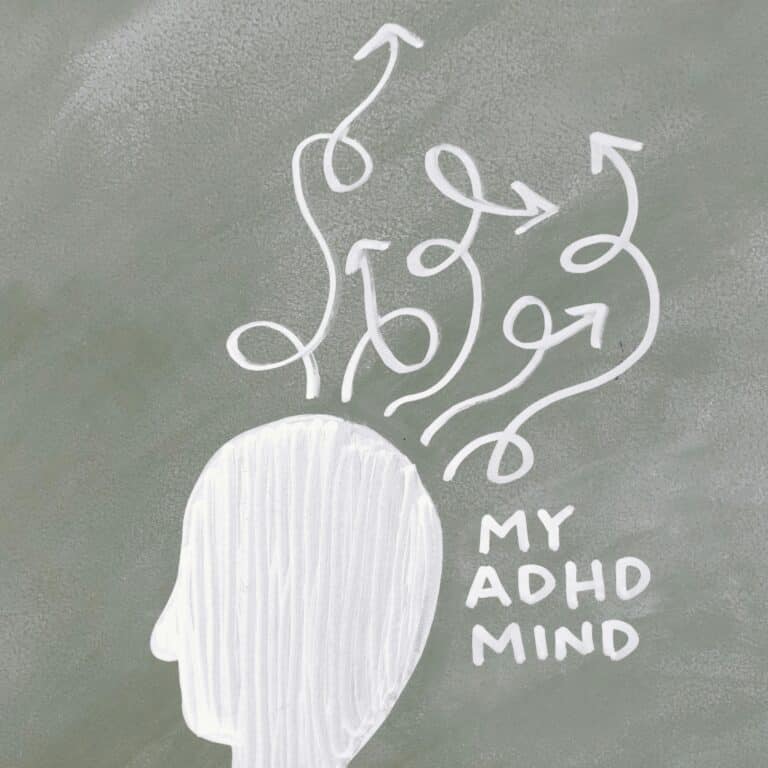Why I Stopped Pretending to Be “Strong”
Today I’m thinking about weakness and strength.
“I envy you that you can afford to be weak,” a friend told me years ago. It made me think. Probably mostly because of the paradox. If being weak is something enviable, why do people attach a negative meaning to it?
I don’t consider myself weak. I used not to mind people attributing this quality to me because I don’t see myself that way. I’m not weak. I’m open about my feelings. And that’s not very common in today’s society, so much so that people can even find it unpleasant.
I think that calling people “strong” or”weak” is nonsense. I don’t think there’s such a thing as “weak” – it’s the same as trying to define the concept of “normal”. People are more complex than the artificial labels of “strength” and “weakness”.









